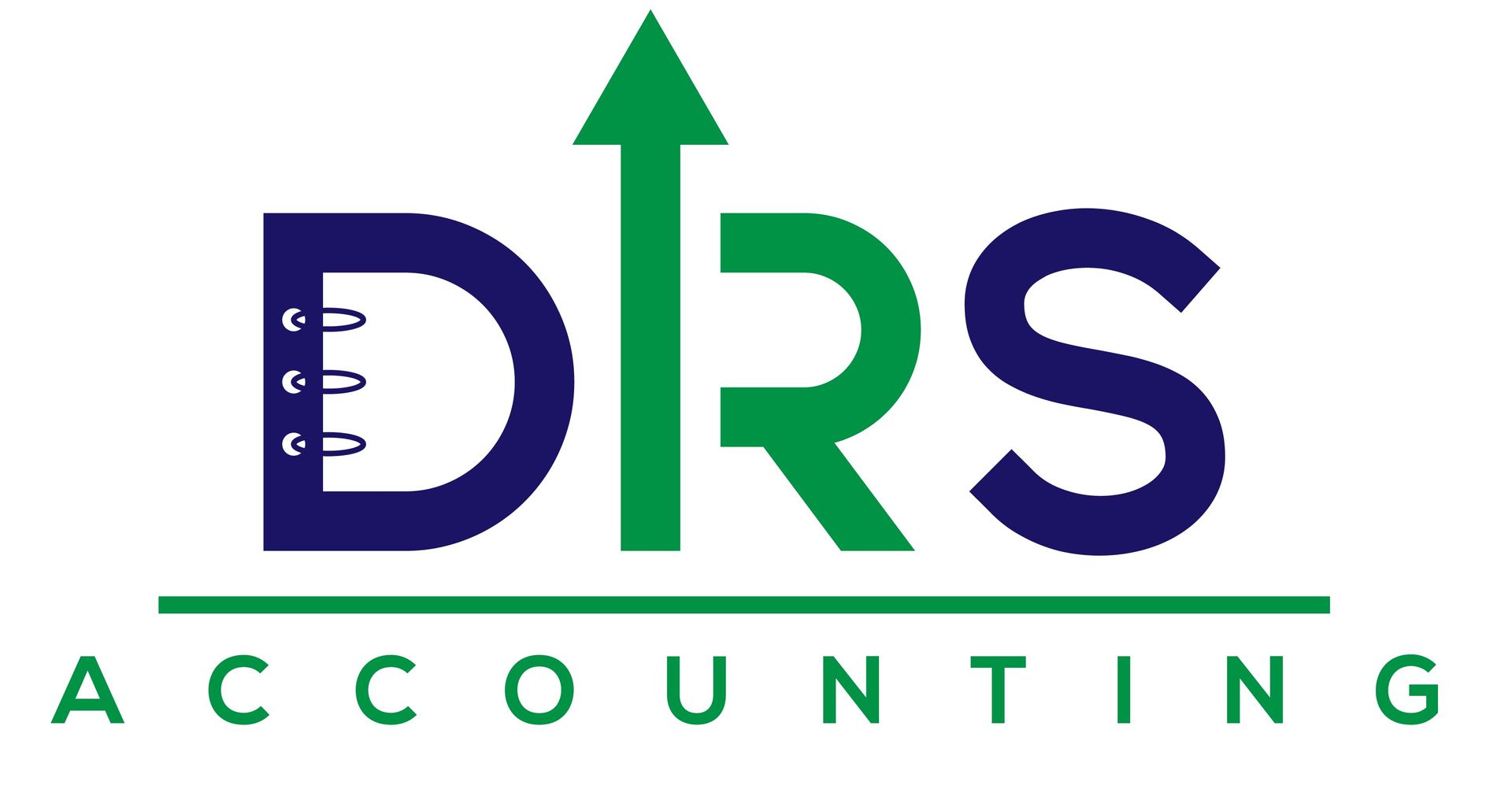Tax Relief for Ponzi Scheme Victims: What You Can Deduct
Getting caught in a Ponzi scheme can be a tough experience, especially when investments you trusted suddenly disappear. But there’s hope: the IRS offers specific tax relief options for victims of fraud. If you’ve been affected, you might qualify for a theft loss deduction, which can ease your tax burden and help you start rebuilding with confidence.
What Is a Ponzi Scheme?
A Ponzi scheme is a type of fraud where returns for earlier investors are paid using money from new investors, rather than from actual business profits. The scheme eventually collapses when it can no longer attract new money. The most infamous case was Bernie Madoff’s $65 billion Ponzi scheme, but smaller schemes occur across the country every year.
For tax purposes, the key is that money lost in a Ponzi scheme is considered a theft, not just a bad investment. This distinction is critical, because theft losses are treated much more favorably under the tax code. The IRS made this clear in
Revenue Ruling 2009-9, which explains that Ponzi scheme losses should be treated as theft losses, not capital losses.

The IRS Theft Loss Deduction
Unfortunately not all theft losses are deductible. For example, if someone loses money in a romance scam or has property stolen, those losses usually can’t be claimed on a tax return. But when the theft happens in the course of trying to earn a profit (such as money invested in a Ponzi scheme) the tax rules are different.
Because so many people were harmed by Ponzi schemes, the IRS released special rules in 2009. Under Revenue Procedure 2009-20, victims can use a “safe harbor” method to calculate their deduction.
This safe harbor makes the process much easier. It lets victims deduct most of their losses right away, instead of waiting years to see what might come back through lawsuits, bankruptcy cases, or insurance claims.
How Much Can Be Deducted?
The safe harbor rules give two choices:
- If you don’t try to recover money through lawsuits or insurance, you can usually deduct up to 95% of what you invested.
- If you do try to recover money, you can still deduct up to 75% of your investment.
In both cases, you have to subtract anything you expect to get back in the future.
The best part is these losses can lower your regular taxable income, not just investment profits. This often leads to much bigger tax savings.
Final Thoughts
No one plans to fall victim to fraud, but the IRS has carved out rules to make sure victims of Ponzi schemes aren’t left without options. Revenue Ruling 2009-9 confirms these losses count as thefts, while Revenue Procedure 2009-20 provides a safe harbor method to simplify the deduction process.
The tax relief won’t replace the lost funds, but it can provide meaningful financial support during recovery. Without this relief, victims would face an even heavier burden.



